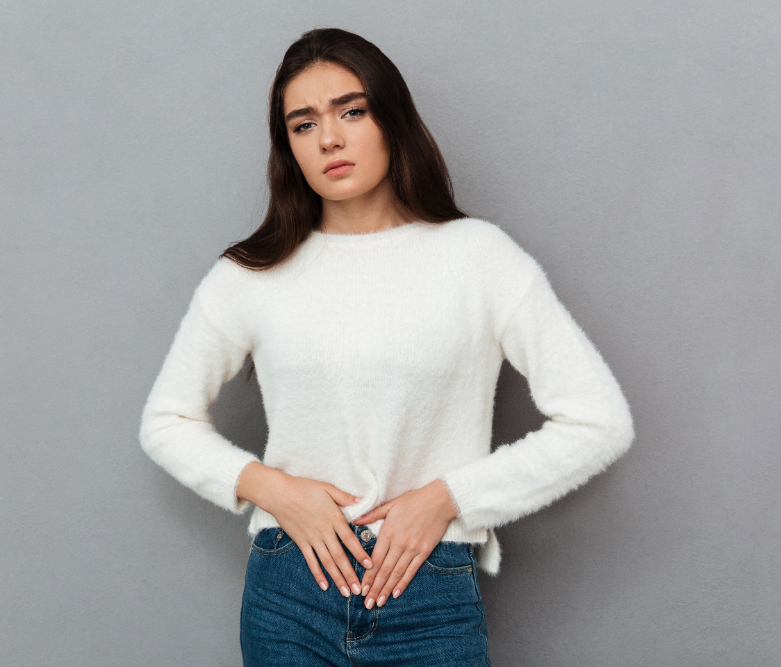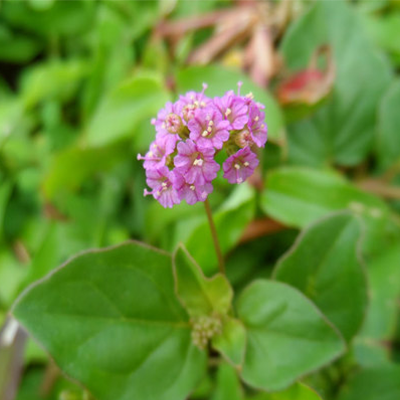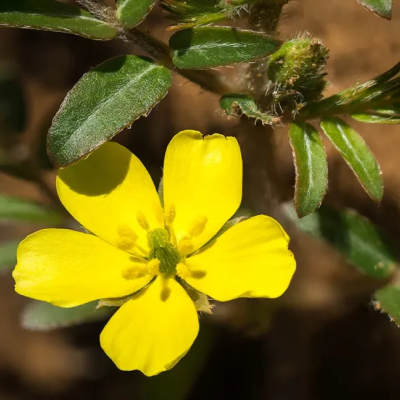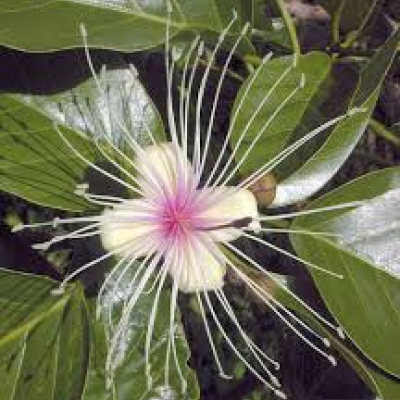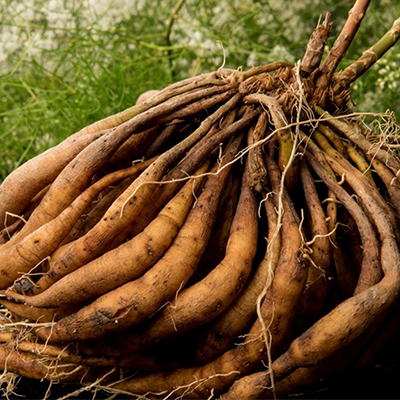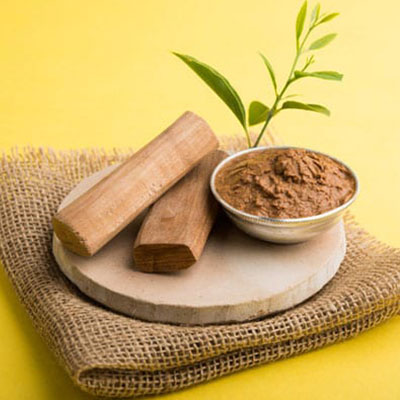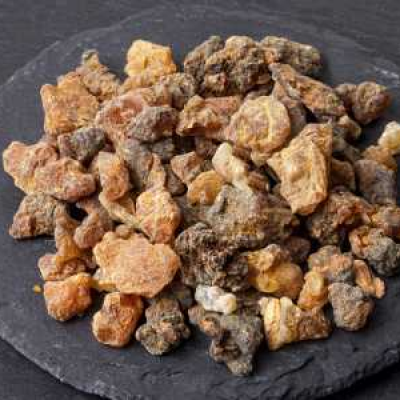Cystitis is the inflammation of the bladder, most commonly caused by a bacterial infection. This condition is often referred to as a urinary tract infection (UTI) when it involves the lower urinary tract. While bacterial infections are the primary cause, non-infectious factors like chemical irritants, medications, or radiation therapy can also result in cystitis.
Causes of Cystitis
1. Bacterial Infections
Most commonly caused by Escherichia coli (E. coli) bacteria.
2. Irritants
Chemical irritants from soaps, spermicides, or bubble baths.
3. Other Factors
- Thickened, shiny, or tight skin (often starting on fingers and face).
- Calcinosis (hard nodules under the skin).
3. Raynaud’s Phenomenon:
- Sexual activity (honeymoon cystitis).
- Poor hygiene.
- Use of urinary catheters.
4. Non-Infectious Causes
- Interstitial cystitis: Chronic bladder inflammation with no bacterial involvement.
- Radiation or chemotherapy: Can damage the bladder lining.
Symptoms of Cystitis
1. Urinary Symptoms
- Frequent urge to urinate, even when the bladder is not full.
- Burning sensation during urination.
- Cloudy, strong-smelling, or bloody urine.
2. General Symptoms
- Pelvic pain or pressure.
- Low-grade fever (in bacterial infections).
- Fatigue or malaise.
Risk Factors
- Gender (more common in women due to shorter urethra).
- Pregnancy, menopause, or hormonal changes.
- Weakened immune system (diabetes, HIV).
- Use of certain medications or hygiene products.
Diagnostic Methods
Urinalysis
Detects bacteria, white blood cells, or blood in urine.
Urine Culture
Identifies the specific bacteria causing the infection.
Cystoscopy
For chronic or recurring cases to inspect the bladder lining.
Imaging
Ultrasound or CT scans to check for structural abnormalities.
Ayurvedic perspective
In Ayurveda, cystitis can be correlated with Mutrakrichra or Mutraghata, which denote painful or difficult urination due to imbalance in Pitta dosha and Apana Vata. The burning sensation and inflammation reflect Pitta vitiation, while the retention or difficulty in voiding may be attributed to Apana Vata disturbance.
Management of Cystitis
Dietary Recommendations (Pathya-Apathya)
Foods to Include:
- Cooling foods like cucumber, watermelon, and coconut water.
- Easily digestible meals like rice, moong dal, and boiled vegetables.
- Drink plenty of water or herbal teas (coriander, cumin, fennel).
Foods to Avoid:
- Spicy, salty, or oily foods.
- Alcohol, caffeine, and carbonated drinks.
Lifestyle Modifications
- Avoid suppressing the urge to urinate.
- Practice stress-relieving techniques like yoga and meditation.
- Maintain proper hygiene to prevent infections.
Ayurvedic Herbs
Punarnava (Boerhavia diffusa)
A diuretic and anti-inflammatory herb that soothes the bladder.
Gokshura (Tribulus terrestris)
Promotes healthy urinary flow and reduces burning sensation.
Varuna (Crataeva nurvala)
Supports bladder health and alleviates inflammation.
Shatavari (Asparagus racemosus)
Cools the urinary tract and balances Pitta.
Chandana (Sandalwood)
Provides a cooling effect and reduces burning.
Punarnavadi Kashaya
A decoction made from Punarnava and other herbs to reduce inflammation and promote urination.
Gokshuradi Guggulu
Useful in balancing Vata and Pitta, alleviating urinary discomfort.
Chandanasava
A fermented preparation that reduces burning sensation and purifies the urinary tract.
Home Remedies
1. Coriander Seed Water
- Soak 1 tablespoon of coriander seeds overnight in water. Strain and drink in the morning.
- Benefits: Reduces burning and inflammation.
2. Barley Water
- Boil 2 tablespoons of barley in 4 cups of water. Drink throughout the day.
- Benefits: Acts as a natural diuretic and flushes toxins.
3. Coconut Water
Helps cool the body and alleviates burning sensation during urination.


